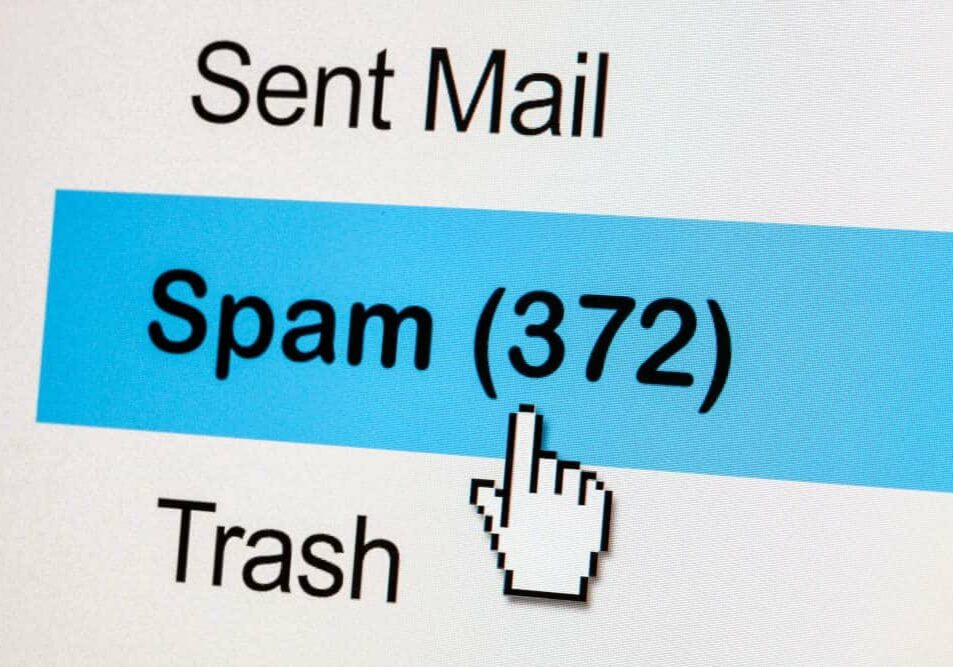Local marketers that work with Google My Business are no strangers to the vast forms of spam that can be found on the platform. In an effort to determine how serious the problem is, BrightLocal polled 560 local marketers before one of their recent webinars. In this article, we will examine some of the findings of their study to find out of Google My Business spam is really out of control.
One of the biggest problems that arise with Google My Business spam is that genuine local businesses that are following the rules set out by Google are knocked out of the listing for the local search pack by those who aren’t. In this study, BrightLocal was able to determine that Google My Business spam comes in many different forms and isn’t limited to just fake businesses. In fact, other versions of spam included multiple business listings, keyword stuffing and fake reviews.

Local marketers that work with Google My Business are no strangers to the vast forms of spam that can be found on the platform. In an effort to determine how serious the problem is, BrightLocal polled 560 local marketers before one of their recent webinars. In this article, we will examine some of the findings of their study to find out of Google My Business spam is really out of control.
One of the biggest problems that arise with Google My Business spam is that genuine local businesses that are following the rules set out by Google are knocked out of the listing for the local search pack by those who aren’t. In this study, BrightLocal was able to determine that Google My Business spam comes in many different forms and isn’t limited to just fake businesses. In fact, other versions of spam included multiple business listings, keyword stuffing and fake reviews.
With this seemingly large-scale problem occurring, you may be surprised to learn just how many local marketers actually experienced this spam on Google My Business. Surprisingly, only 46% of the local marketers surveyed see Google My Business spam often or very often while 54% rarely or never see this problem. However, this doesn’t mean the problem isn’t still occurring.
Unfortunately, businesses or the marketing companies they partner with are coming up with more clever ways to hide their shady practices. Unless you are actively researching your competition and doing an in-depth analysis of their business, most spam could pass a legitimate business. In essence, this means that local marketers could still be competing against spam but not identify it immediately.
Fake reviews are typically the most common problem seen by local marketers that are trying to improve their client’s exposure online. It is well known that Google My Business relies heavily on reviews as a ranking signal and some businesses have found ways to quickly accumulate fake reviews to capitalize on this. However, the problem still remains that this limits the ability to small businesses to achieve high rankings through Google My Business.
Nearly 59% of the marketers surveyed during the study said that Google My Business spam has increased over the last year, making it a huge problem for the platform. While some local marketers have started to fight back by reporting spam, it will ultimately be up to Google to remedy the problem officially. If you would like to review the results, you are encouraged to read the BrightLocal study.
